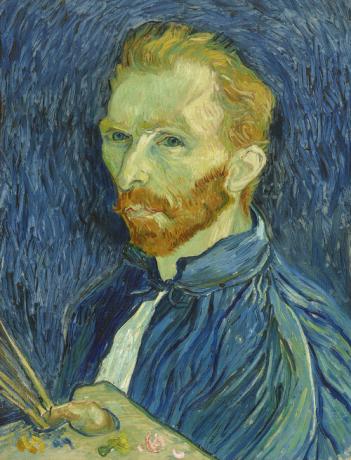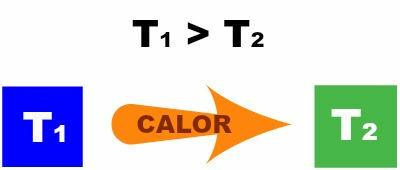THE inflation it is an economic term often used to designate the general rise in prices in society. It represents the increase in the cost of living for consumers and companies, resulting from the rise in product prices and the devaluation of the currency.
When we notice that some products are more expensive today than they were before, it means that their price has inflated. Normally, this process is not usually harmful to the consumer, as the readjustments in the minimum wages aim, above all, to monitor inflation rates.
Inflation becomes harmful to society only when its level increases at very high levels and at a great speed, because wage adjustments take longer to be implemented, which reduces consumer purchasing power during most of the period. year.
If a person's income increases at a rate higher than inflation, it means that there has been a real increase in their purchasing power.
For example: a certain product, ten years ago, cost R$2.00, whereas today it costs R$3.00; however, the worker's income has doubled in this period, which means that he will be able to buy a larger amount of this product now compared to before.
That's why there are always complaints when a working class stays for a long time without salary readjustment, because only with the natural increase of the minimum wage, set by the government, workers are not actually getting paid more for their work, as the cost of living is constantly rising up. So, if a person starts to earn more, but this increase is below the rate of inflation, it means that, in fact, she is earning less than before, because her purchasing power is now lower.
What Causes Inflation?
There are three main reasons that may be associated with rising inflation:
a) When there is a mismatch between supply and demand
One of the basic laws of capitalism is that of supply and demand. When demand is much greater than the supply of a particular product, its price increases; when it is much smaller, its price decreases. Thus, when the population has a higher income or more credit to buy, there is a sudden increase demand that is usually not matched by supply, which raises prices and intensifies inflation.
Do not stop now... There's more after the advertising ;)
Likewise, when production encounters some kind of problem - which is common in agriculture because it is an activity dependent on climatic conditions -, the supply decreases, while the demand remains equal or greater, increasing again the prices.
b) Increase in private profits
When a company achieves a monopoly or a broad control of a product or sector of commerce, it starts to control the variation of prices in that sector. Thus, as the main objective of the capitalist system is individual profit, the entrepreneurs of this institution will seek to increase prices as much as possible, given that there is no competition to force a fall.
If this case is generalized in society, that is, if most of the products are controlled by few entrepreneurs (which is a trend of current Financial Capitalism), a generalized process of inflation is installed due to the increase in the cost of living of the consumer.
c) Rapid increase in production costs
When companies suffer from a rapid increase in the cost of producing their goods, either sudden wages, excess debt and intensive tax increases, they tend to pass this cost on to the consumer. So again prices rise and inflation rises.
Another associated factor is the increase in spending on raw materials. If their price rises for any reason (scarcity, control of suppliers, a rise in the dollar or political reasons), the cost of products tends to increase, pushing inflation up. One of the most important raw materials currently is oil, so that its eventual rise in prices could cause real economic crises. That's what happened in the 1970s, with the so-called Oil Crisis.
For this reason, it is always important to be aware of published inflation rates and government measures to combat this problem. One of the ways to do this is to raise interest rates by the Central Bank, since, with that, the credit rate decreases and the consumer's purchasing power becomes smaller, which lowers prices and controls the cost of life. However, depending on the characteristics and causes of this inflation, such a measure may not be enough.
By Me. Rodolfo Alves Pena


